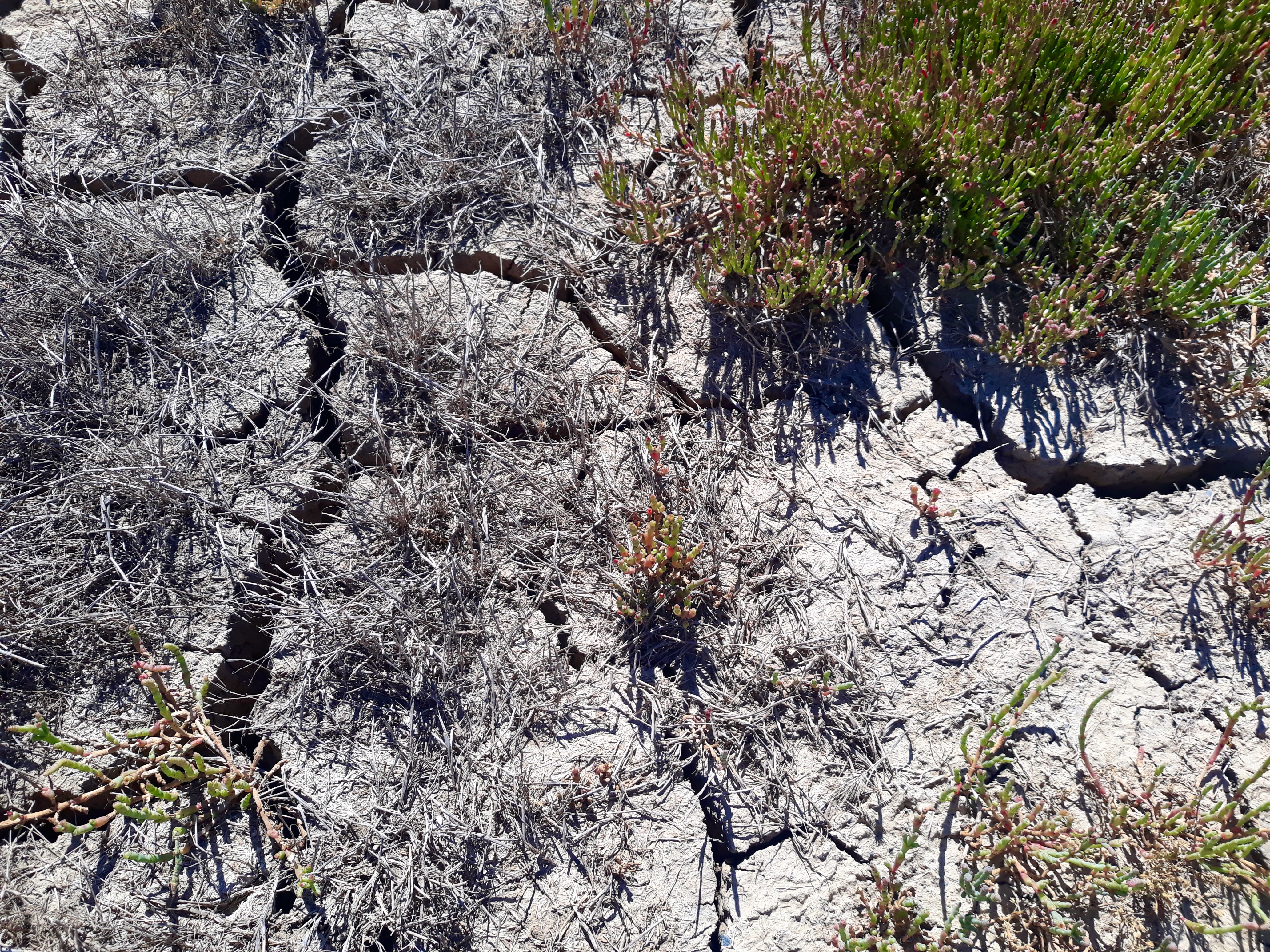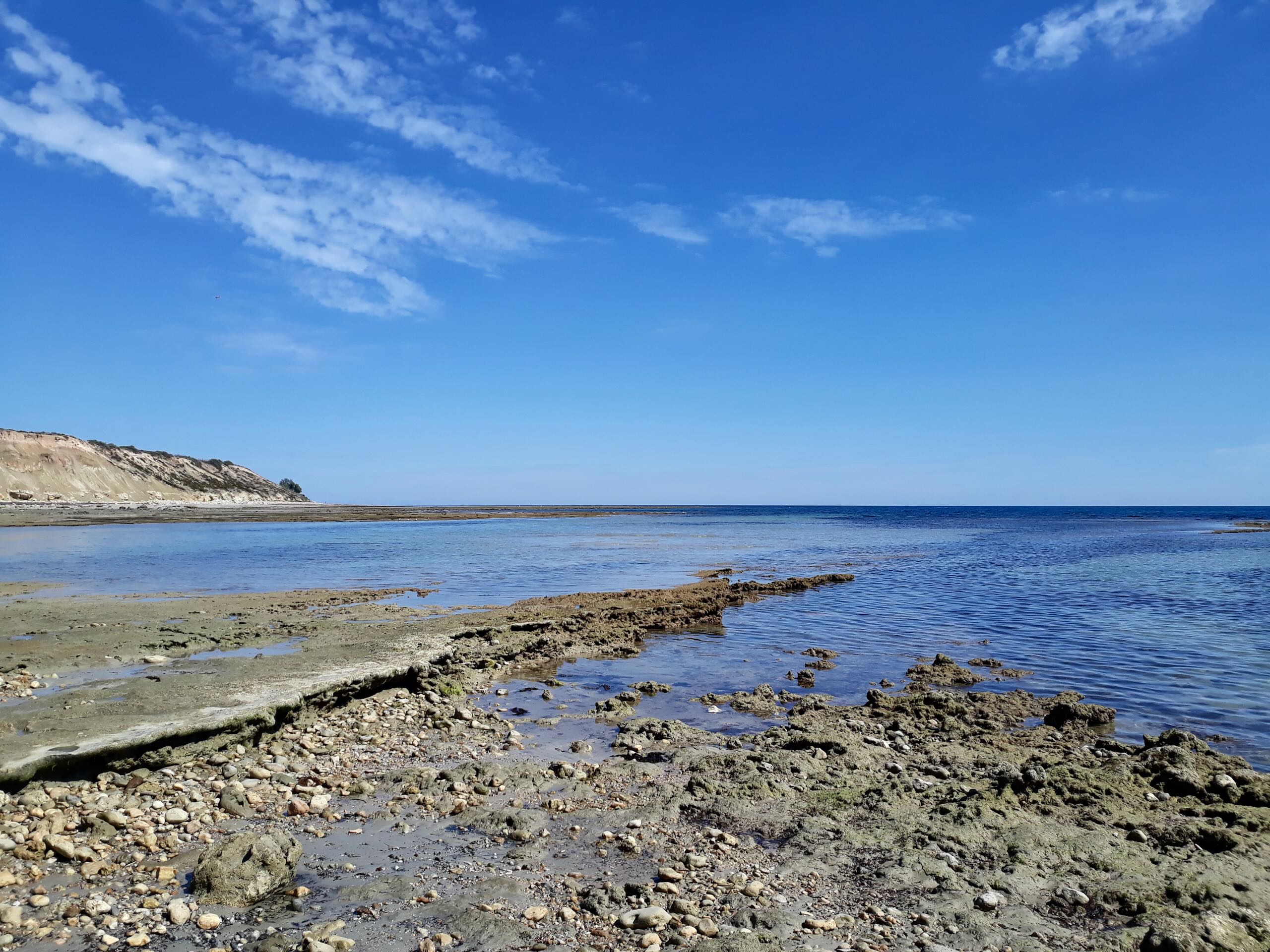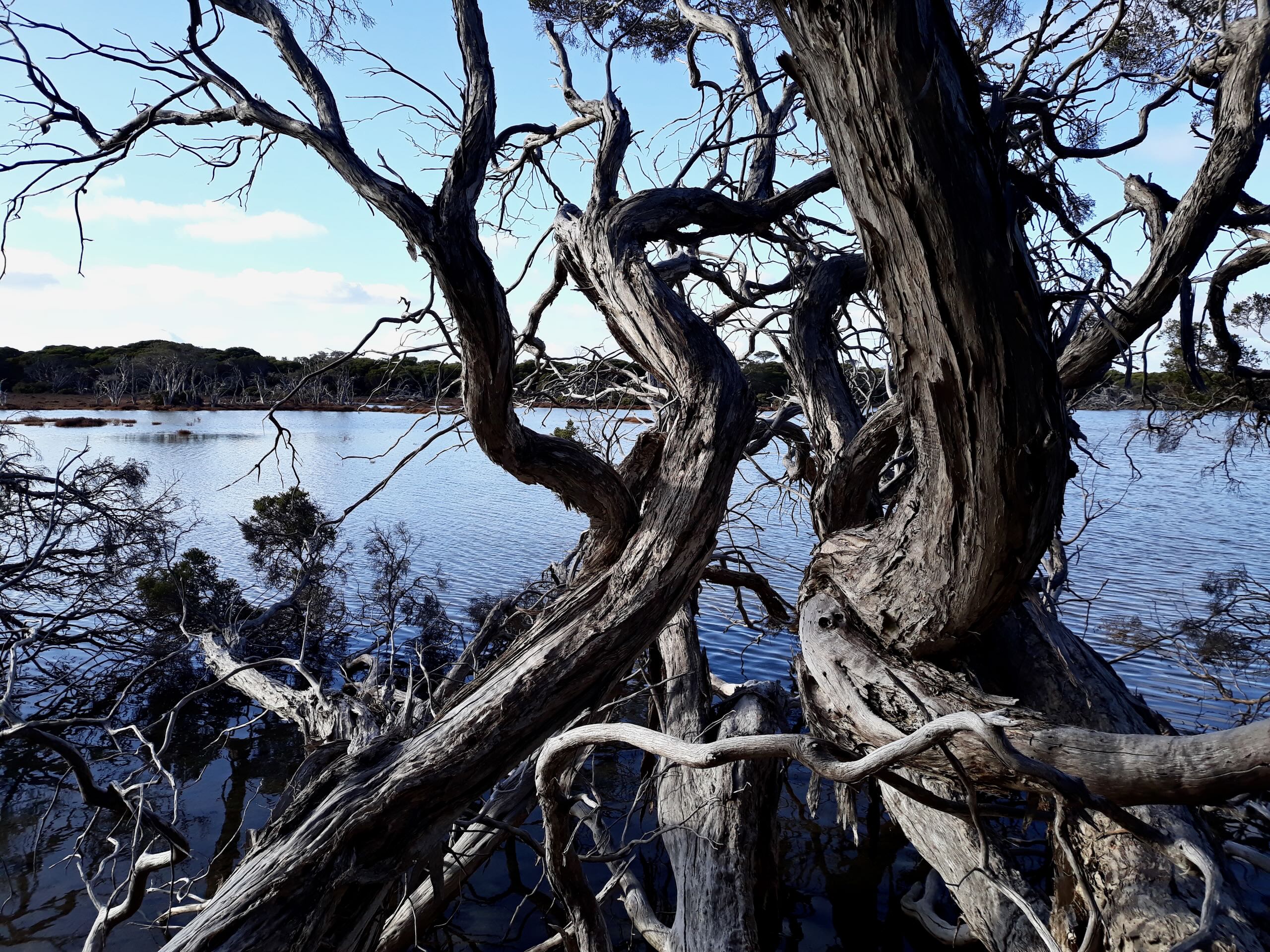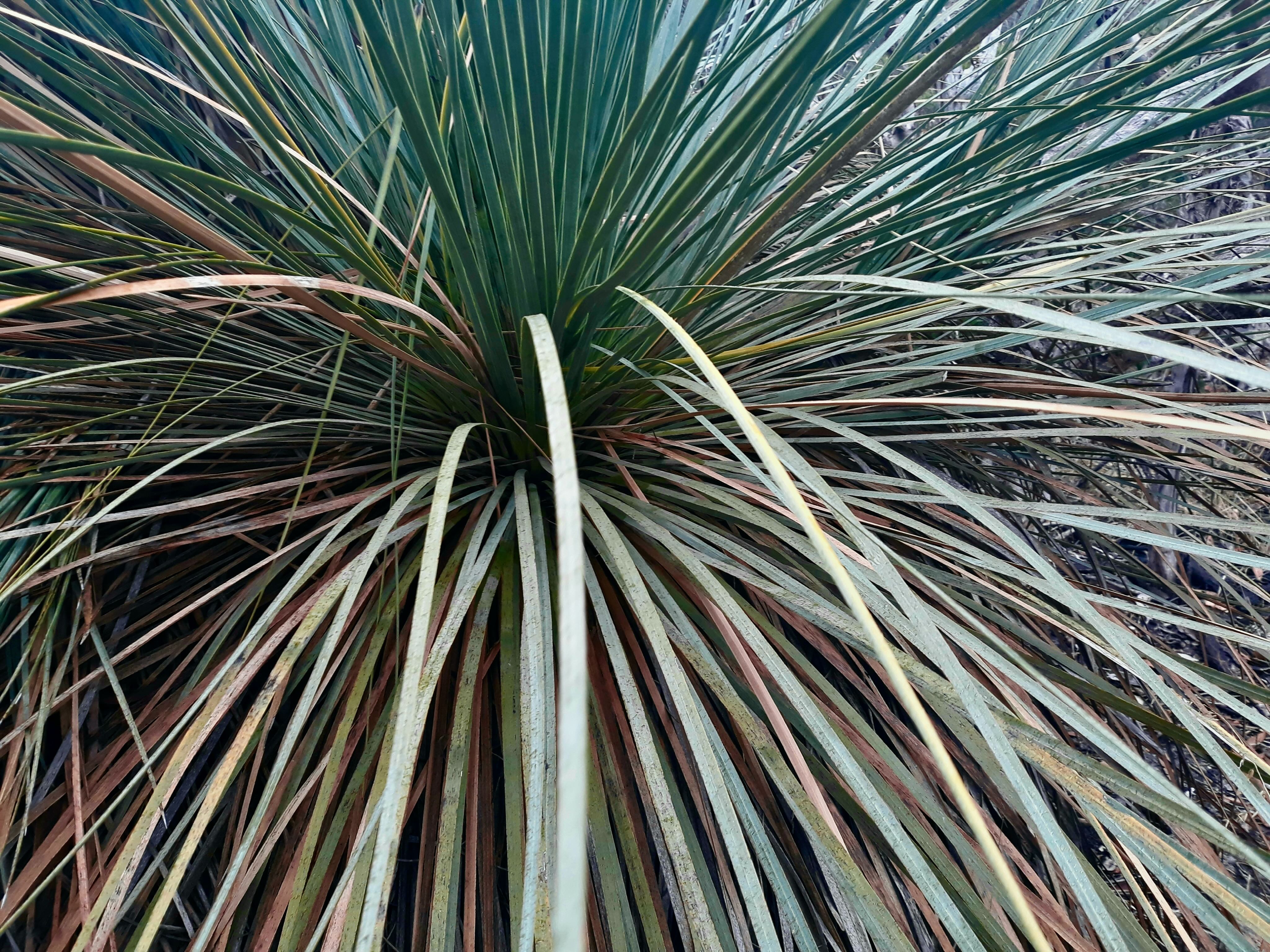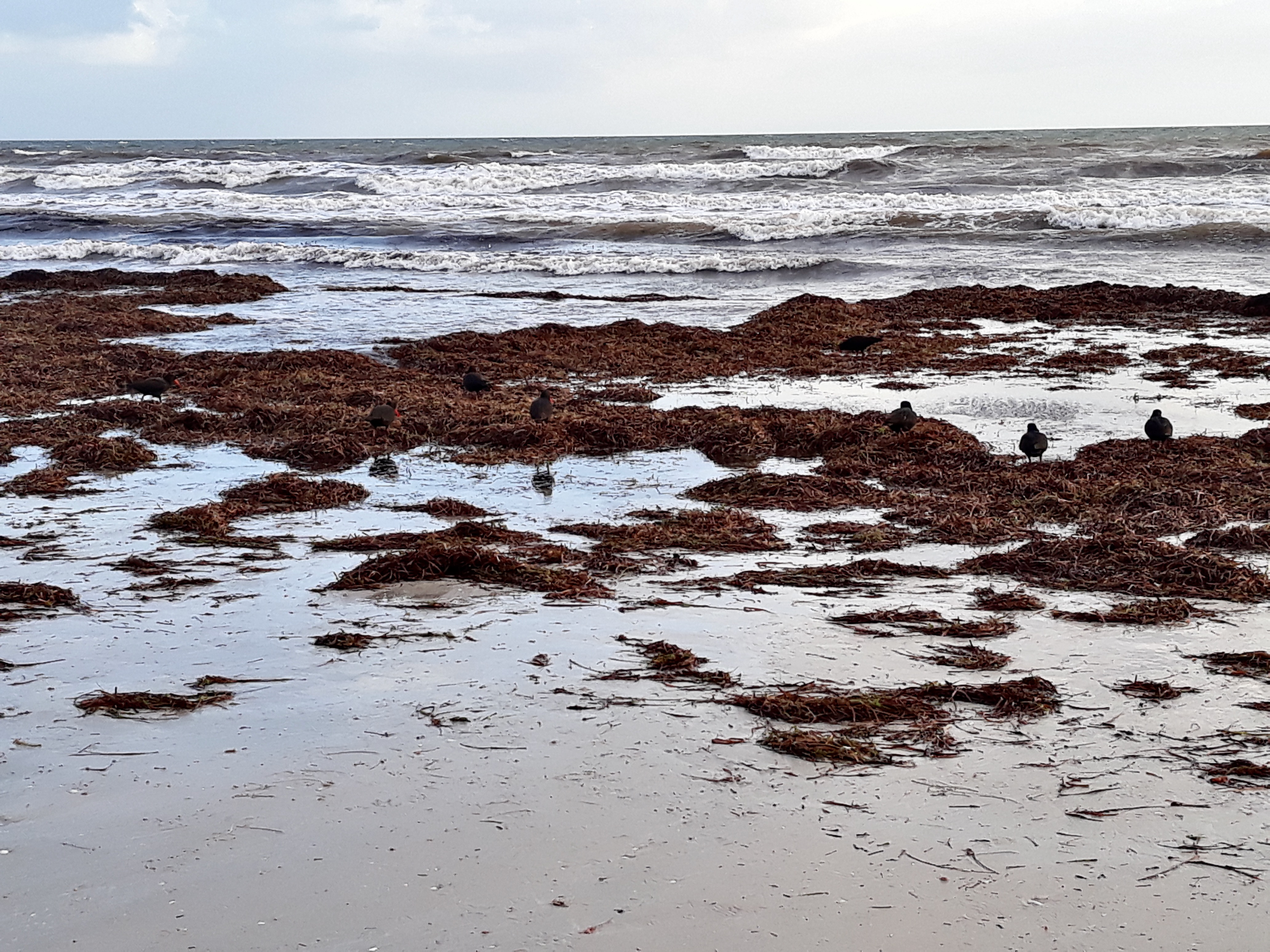Other people’s words about … leaving home
Much as I love my mother, much as I love that fabulous fridge, the free heating, the coffee grinder with whole, organic beans, much as I love reading on the sofa while she shifts and grunts over her Sudoku, I really did need to get away.
Meanwhile, some oozing, inner self knew what I was doing when I loaded up the boot of her car and broke her heart. When I made my mother drive me across town to a damp room in a run-down street, whose only attraction was the fact that she was not in it. I was going to fall apart. I had been so good, I had done all the things. Now, I wanted to sleep under a hedge and wake to the rain.
I also wanted to move out of this crap, overpriced town but I had not figured out where to go yet, so I was in a house in Ballybough that belonged to someone’s dead granny, first of all with Lily and, when she left for London, with her friend Stuart and one other randomer in the box room. Every time I went online, I found light-flooded interiors with potted plants the size of our kitchen. Outside, the red-brick streets were starting to look curated and I was just flicking through a life that wasn’t mine. Just flicking through.from ‘The Wren, The Wren‘
by Anne Enright
I remember going away, leaving my childhood home, like the narrator in the passage above, Nell, does when she leaves her mother Carmel. I found it harder to break away than Nell and so I bought a plane ticket and flew overseas, because that was the only way I could make myself leave —- it required money; it required fear; it required loneliness; it required a non-refundable, one-way plane ticket to the other side of the world. I am not speaking figuratively here. As soon as I was on that plane, I felt afraid but I could not jump out —- that’s the thing about planes; you can’t jump out —- and so I went on flying away, leaving home (although, like Nell, I grew up and came home again eventually).
 Path to the beach, Silver Sands, March 2024.
Path to the beach, Silver Sands, March 2024.
Last year I turned fifty-three and yet the stories that most move me, the books I most often read, are still, even now, about young people coming of age —- or if not young people, then people at moments in their lives when they become bigger or older or wiser or sadder, when they become in essence someone new, which is after all another form of coming of age. Perhaps what I mean is that I love stories of becoming.
Being fifty-three is a time when you come of age in another way. It is, you know, especially for women. I am right in the throes of that now, my last coming of age, perhaps.
It’s funny in some ways, because all the things I taught myself to do when I was younger, all the things I taught myself to do in order to grow up and look after myself and find a way of moving through the world with more ease (which is perhaps the very definition of finding a way to grow up) no longer work, not at fifty-three. My coping mechanisms, that is to say, are no longer effectual at helping me to cope — not because they no longer work, I don’t think, but because I simply can’t do them anymore.
 Crooked tree and seat, The Washpool, March 2024.
Crooked tree and seat, The Washpool, March 2024.
For example.
You teach yourself to be intimate with other people -— a man you love, a friend you adore, another friend you trust. You teach yourself to be fit and strong. You teach yourself to drink a little wine every now and then, because it helps you to relax. You teach yourself to be okay with solitude. You teach yourself these things -— I taught myself these things -— but now these things, most of them, are slowly becoming inaccessible to me, simply by virtue of the fact that I am fifty-three. And fifty-three, I am finding, says no to these things. Physically, I mean. It says no.
So I look down the tunnel of my fifties and I see what every other fifty-year-old before me has seen, no doubt. And I do not feel, no matter what decision I make, as though I am growing bigger or wiser or sadder or in any way newer. I am growing older, definitely. There is that.
But then there are books like The Wren, The Wren. Because I lied a little when I said that all the coping mechanisms I taught myself as a younger woman no longer work for me. One of them still does. I read. I read. I read.
Lately I’ve been reading …
-
- Within the strictures of neoliberal capitalism, one of the few ways we can now relate to the old-fashioned concept of morality and being ‘a good person’ is through our brand and speech, where we spend our money, the businesses and causes we align with, and how we present ourselves to others. We don’t have commandments, only hashtags: Ahona Guha explores the ethics of using social media to protest the violence in Gaza (or not). This clear, thoughtful essay is less about whether we should speak up or not than it is about what it means to speak up or not, why we use social media, what social media means to us and how we can use ethical principles to guide us in our lives.
- Inevitably, Waylon would lie down beside him, gingerly resting his enormous, wart-covered head on Austin’s thigh. They could remain that way for five or six hours at a time: Peter Holley explores why a wild animal will always be … a wild animal.
- Women and racial and ethnic minorities are 20 to 30 percent more likely than White men to experience a misdiagnosis: Liz Szabo explores the biases and prejudices that cause medical misdiagnosis. For reasons that may be clear from the content of my post, I find this article particularly relevant right now.
- ‘I reject the world’: Oh, Sinead. Jonno Revance looks at the legacy of Sinead O’Connor, a woman ahead of her time.

